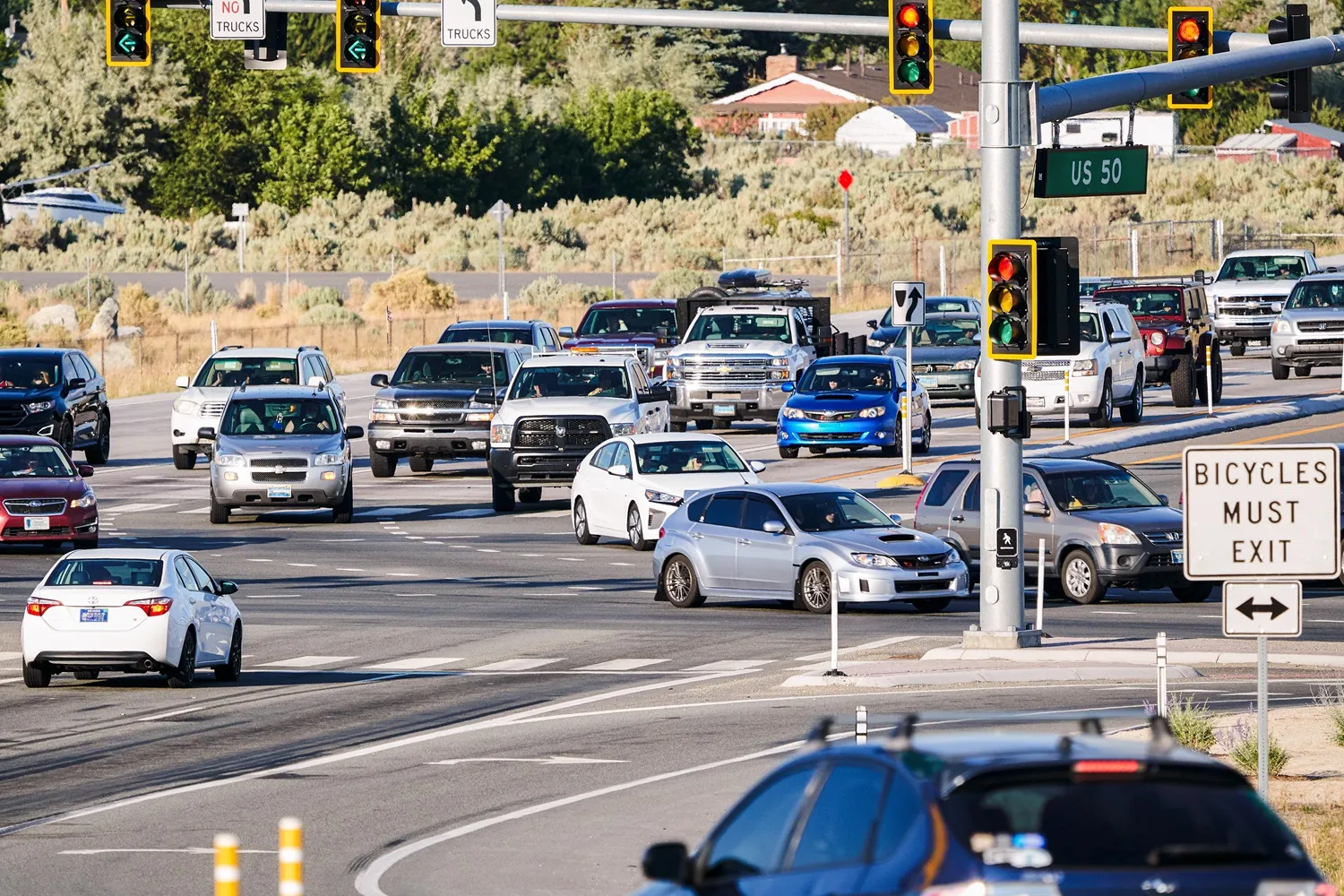
Texas Department of Transportation (TxDoT) has handed Rekor Systems a multi-year contact to implement Rekor Command.
The incident management and situational awareness platform is designed to enhance traffic operations, reduce congestion and improve road safety.
It brings different data sources into a single, AI-powered platform which is designed to support faster decision-making, and improve resource allocation.
The new deal "includes an eight-figure blanket purchase order that pre-authorises all TxDoT metropolitan, urban and rural districts to immediately adopt the technology.
Texas has over 80,000 miles of highways. Command was first deployed by TxDOT Austin District two years ago, and showed impressive results:
159% increase in incident detection
8.4-minute reduction in median incident detection time
83% incident detection accuracy
44-minute reduction in incident clearance time
29% reduction in secondary crashes
Paul-Matthew Zamsky, general manager, Rekor Command, says: "The headline here is simple: Rekor was carefully chosen by TxDoT after a rigorous and competitive process because our technology has delivered measurable results," said
"With Texas operating the largest roadway network in the US, Rekor Command brings scalable, real-time roadway intelligence that integrates seamlessly with virtually any advanced traffic management system nationally and worldwide."
"We are pleased to advance AI for traffic management in collaboration with Rekor and to build on the significant work we have accomplished," said Mike Arellano, TxDoT Austin District deputy engineer.
"We look forward to implementing enhancements to further improve incident response, mobility, and most importantly, save lives. The application of AI continues to evolve our operational practices with the impactful efficiencies provided by the Rekor platform."
New features to be deployed by TxDoT include Traffic Impact Module, which assesses how incidents affect traffic flow in real time; and Work Zone API, which delivers accurate, real-time insights into workzone activity, integrating with the USDoT FHWA's Work Zone Data Exchange (WZDx).
TxDOT director of strategy and innovation Darran Anderson says: "We look forward to continuing our partnership with Rekor to expand the deployment and use of advanced roadway insights powered by big data and intelligent systems to help address safety and congestion across Texas."









